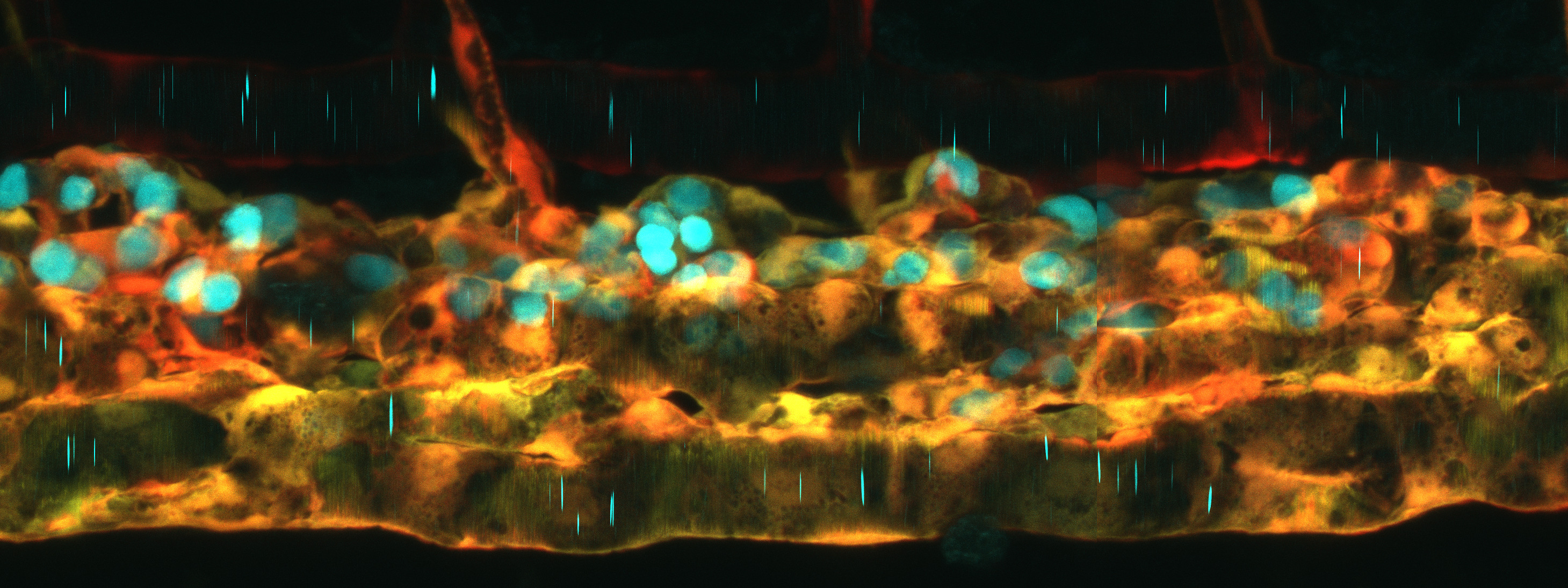Regional Update: South Africa

To serve the needs of the University of KwaZulu-Natal (UKZN), its partners, and the broader KwaZulu-Natal research community in conducting cutting-edge, globally competitive, and multidisciplinary zebrafish research, the School of Life Sciences has established the UKZN Zebrafish Research Facility. This facility has been fitted with the IWAKI system for husbandry and breeding as well as microscopes, a microinjector and micromanipulator, a pipette puller, imaging systems, a tissue culture suite for initial in vitro toxicity studies and molecular biology infrastructure. Zebrafish have been successfully maintained and bred in-house for the experimental use of both embryos and adult fish. The unit currently comprises two PhD and three post-doctoral students under the supervision of Professor Carola Niesler and Dr Raymond Hewer.
A current project investigates the link between antiretroviral treatment (ART) and Type II Diabetes Mellitus (T2DM). South Africa (SA) has more than 7 million people living with HIV, with more than 60% of these on ART; T2DM is also currently ranked within the top five leading causes of death in SA. The recently released preferred first-line ART regimen in SA, tenofovir, lamivudine and dolutegravir (TLD), has been shown in cohort studies and randomized clinical trials to lead to a significant increase in body weight, potentially putting patients at a greater risk of developing clinical obesity and T2DM. The mechanisms underlying these effects are unclear and will be studied at UKZN using the Zebrafish T2DM model.




